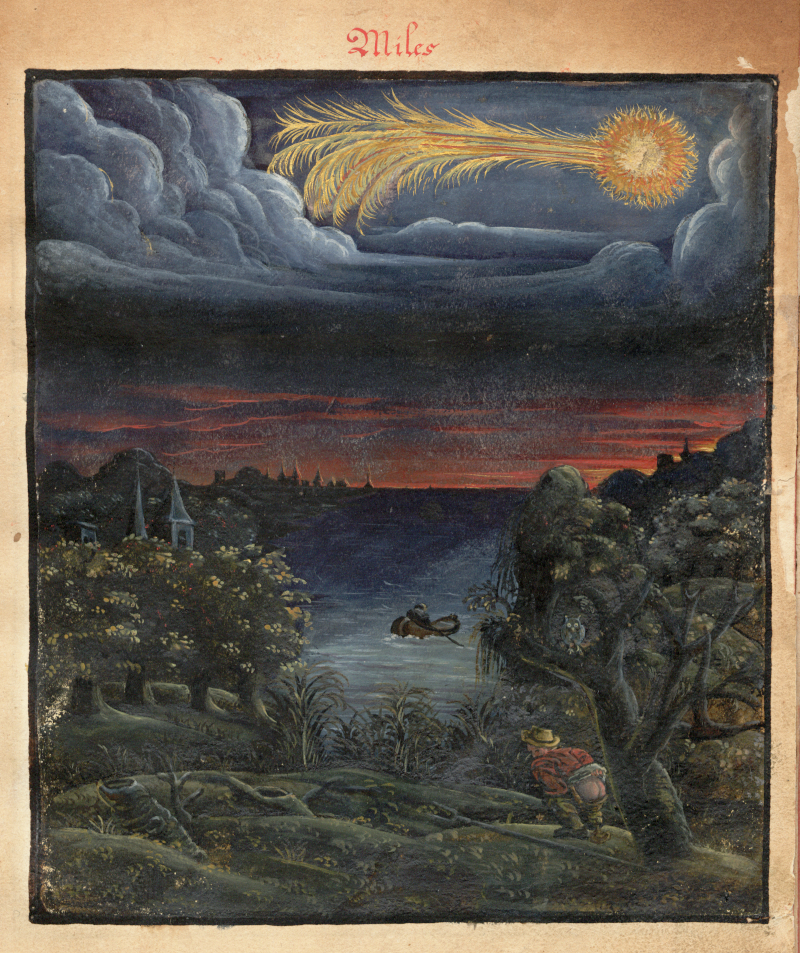


It's admirable, too, that Clark challenges the idea of Plath's poetry as barely-disguised autobiography she redefines 'confessional' in literary terms and refocuses us on how Plath herself saw her writing: as using personal experience to explore and articulate wider social and cultural truths. Instead, Clark gives us a Plath who is dazzling in her multiple selves: complex, contradictory, mercurial, and the subject of many pressures from the public and political to the most intimate and personal. The result is the most detailed and comprehensive biography I have read of Plath - and is one which doesn't see her life as teleological, leading inevitably and unwaveringly to that taped up kitchen and the gas oven. Unlike many of the other biographies, memoirs and books on Plath, this one has no overriding theory which it's pushing: instead, Clark has crafted something that returns meticulously to the multiple sources including Plath's letters, journals, commentaries and introductions, as well as those of people close to her during her short life, and has additionally conducted interviews as well as tracking down the previous interviews that have been archived. Along with illuminating readings of the poems themselves, Clark's meticulous, compassionate research brings us closer than ever to the spirited woman and visionary artist who blazed a trail that still lights the way for women poets the world over. *A BOOK OF THE YEAR IN THE DAILY TELEGRAPH AND THE TIMES*ĭetermined not to read Plath's work as if her every act, from childhood on, was a harbinger of her tragic fate, Clark presents new materials about Plath's scientist father, her juvenile writings, and her psychiatric treatment, and evokes a culture in transition in the mid-twentieth century, in the shadow of the atom bomb and the Holocaust, as she explores Sylvia's world: her early relationships and determination not to become a conventional woman and wife her conflicted ties to her well-meaning, widowed mother her troubles at the hands of an unenlightened mental-health industry and her Cambridge years and thunderclap meeting with Ted Hughes, a true marriage of minds that would change the course of poetry in English.Ĭlark's clear-eyed sympathy for Hughes, his lover Assia Wevill, and other demonized players in the arena of Plath's suicide promotes a deeper understanding of her final days, with their outpouring of first-rate poems. The first biography of this great and tragic poet that takes advantage of a wealth of new material, this is an unusually balanced, comprehensive and definitive life of Sylvia Plath.


 0 kommentar(er)
0 kommentar(er)
